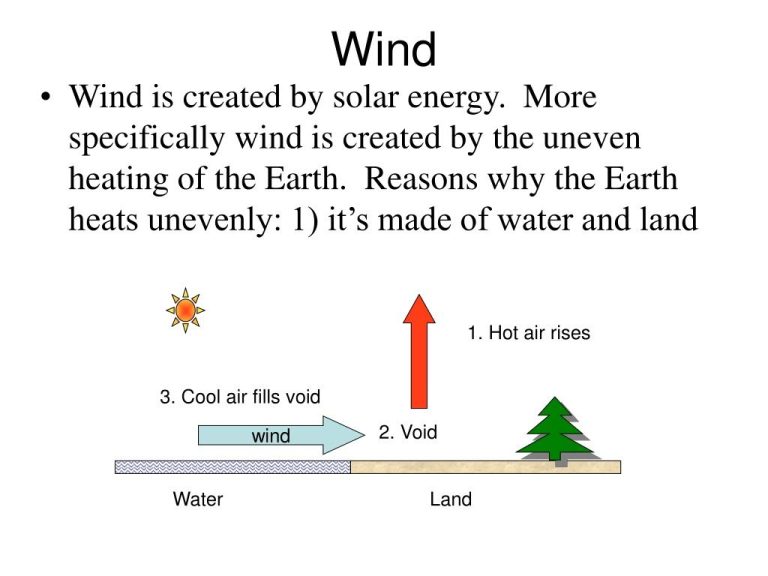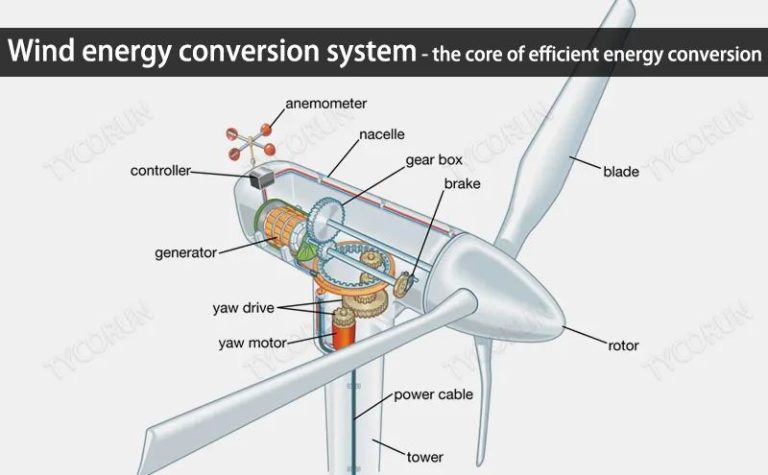What Is The Quote About Wind And Love?

The quote “Love is like the wind, you can’t see it but you can feel it” is a popular saying about the intangible yet powerful nature of love. It was originally written by the author Nicholas Sparks in his 1996 novel The Notebook, which later became a hit movie in 2004. This quote has endured as one of Sparks’ most famous lines and is still widely shared today in pop culture and on social media. It resonates with many because it succinctly captures the invisible but undeniable force of love.
Though simple, this quote eloquently expresses that love can be felt and experienced profoundly, even if it cannot be tangibly measured or observed. It emphasizes love’s ability to surround us, sway us, and move us deeply, like the wind. The quote suggests that the evidence of love lies in how it makes us feel, not in what we can physically see or touch. For this poetic comparison between love and the wind, the saying has become one of the most recognizable modern reflections on the nature of love.
The Quote Itself
The full quote is: “If the wind will not serve, take to the oars.” It is a Latin proverb.
This quote uses a sailing metaphor to convey an important lesson. The wind represents circumstances or luck, elements that are outside of one’s control. The oars represent one’s own effort and hard work.
The meaning is that if conditions are not favorable, you cannot just wait idly for them to improve. You must take action yourself and work diligently to move forward. Even if luck or external forces don’t cooperate, you have the power to achieve your goals through your own determined effort.
The proverb advises being proactive and using your own resources to create progress, rather than relying on favorable circumstances that may never arrive. It’s an inspiring call to perseverance and self-reliance.
Origin and Context
The quote “If the wind will not serve, take to the oars” originated as a Latin proverb. The exact origin is unknown, but it emerged during the classical period in Ancient Rome. As a proverb, it was a short and memorable phrase that expressed a general truth.
This proverb refers to having a “Plan B” or alternative course of action when your original plan is not working out. The imagery depicts a situation where sailors are reliant on the wind to move their ship. But when the wind dies down, they must act quickly and start rowing with oars instead. The proverb advises being adaptable and ready to change tactics when necessary.
This proverb would have been used in Roman times as practical advice for navigating through unpredictable situations in life. When external forces don’t cooperate (like wind), you must take matters into your own hands and actively pursue an alternative path forward (use oars instead). The saying encourages self-reliance, perseverance, and flexibility.
The earliest known written source containing this proverb is the collection of Latin proverbs compiled by Erasmus in 1500 CE during the Renaissance. However, the proverb was likely in oral circulation long before that among ancient Romans. The enduring nature of this proverb speaks to the timeless wisdom it imparts.
Meaning and Analysis
The Latin quote “If the wind will not serve, take to the oars” uses a sailing metaphor to convey an important life lesson about perseverance. The wind in this quote represents luck, circumstance, or forces beyond one’s control. The oars symbolize one’s own effort and hard work.
The essence of the quote is that when conditions are not favorable, you must rely on your own determination and self-discipline to reach your goals. If life’s winds are not taking you where you want to go, you must pick up the oars and steer your own course through sheer willpower. Rather than resigning yourself to fate, you have the capacity to shape your destiny through purposeful action.
This inspirational Latin proverb encourages perseverance in the face of adversity. When misfortune strikes or circumstances turn against you, it is easy to give up or feel defeated. However, the quote suggests that even when luck does not go your way, you have the ability to take control of the situation through your own tenacity and grit. By remaining resilient and proactive, you can overcome setbacks and continue moving forward on your journey.
Historical Significance
This Latin quote emerged during the days of ancient Rome, when ships relied heavily on sails and oars for propulsion across the seas. It reflects the rugged perseverance and determination of ancient mariners who refused to be stopped by fickle winds. When the winds failed, they dutifully lowered the sails and took to rowing with oars. The quote captures that “never give up” spirit of ancient times.
There are many other ancient quotes from philosophers and poets that echo this theme of perseverance against adversity, including:
“Perseverance is more prevailing than violence; and many things which cannot be overcome when they are together, yield themselves up when taken little by little.” – Plutarch
“It’s not because things are difficult that we dare not venture. It’s because we dare not venture that they are difficult.” – Seneca
This Latin proverb about adjusting your sails or taking to oars belongs to that long tradition of extolling the virtues of persistence and grit to overcome the challenges life sends your way.
Usage and Popularity
The quote about wind and love is widely known and frequently referenced in popular culture. Though originally penned in the 19th century, it remains familiar to many people today.
The metaphor comparing love to the wind has been borrowed for book and song titles, including Sam Phillips’ 1988 song “Love and Kisses (Don’t Mean a Thing)” which contains the lyrics “love is like the wind, you can’t see it but you can feel it”. Numerous books also employ the “wind and love” motif in their titles as an allusion to the poignant quote.
In film and television, the quote has been directly referenced in shows like Gossip Girl and movies such as Serendipity. It is also sometimes used in wedding vows and speeches because of its romantic sentiment comparing love to an invisible force of nature.
The enduring familiarity of the quote speaks to its timeless insight about the intangible yet undeniable power of love. Its pithy, evocative analogy continues to resonate with audiences across generations.
Lessons and Applications
The quote “If the wind will not serve, take to the oars” contains several important lessons that can be applied to life and work:
- Always have a Plan B – Things don’t always go according to plan, so be prepared with an alternative if your original idea doesn’t work out. Don’t put all your eggs in one basket.
- Be flexible and adaptable – When circumstances change, don’t stubbornly stick to the original plan. Be willing to change course and try a new approach if needed.
- Stay determined in the face of obstacles – Obstacles and setbacks are a natural part of any endeavor. Maintaining persistence in spite of difficulties is key to eventual success.
- Take initiative and direct action – Don’t just wait for the winds of fortune to blow your way. Actively take control of the situation and do what needs to be done to move forward.
This quote can be applied to many realms of life – careers, relationships, projects, personal growth, etc. When things aren’t going your way, take matters into your own hands and actively steer yourself towards your goals.
Criticism and Counterpoints
While the quote is meant to inspire perseverance and self-reliance, some argue that it promotes an overly individualistic mindset. Relying solely on one’s own effort while ignoring available help from others has limitations. As Martin Luther King Jr. stated, “We are caught in an inescapable network of mutuality.”
The metaphor of rowing when there is no wind also downplays the role of rest and reflection. Sometimes it is wise to pause and reconsider one’s direction rather than stubbornly persisting. Overexertion without adequate recovery can be counterproductive.
The advice to simply “take to the oars” is vague. It does not provide guidance on setting an intentional course or identifying the resources and support needed for the journey. Mere busywork does not guarantee progress. Discernment is required to channel effort toward meaningful goals.
While perseverance is generally a virtue, it can be taken too far. Knowing when to change course or let go can demonstrate greater wisdom than blindly rowing on. The dogged pursuit of unworthy or unrealistic aims often leads to disappointment.
Some note that team sports like rowing require cooperation, timing and chemistry. The solo rowing implied in the quote neglects the synergy possible in collective effort. Doubling down alone is not always the best response to hardship.
Related Quotes
“If the wind will not serve, take to the oars” shares common themes with other famous quotes about perseverance in the face of adversity, as well as contrasting with sayings about relying on luck or fortune.
Other inspirational quotes about perseverance include:
“Perseverance is failing 19 times and succeeding the 20th.” – Julie Andrews
“Many of life’s failures are people who did not realize how close they were to success when they gave up.” – Thomas Edison
“Perseverance is not a long race; it is many short races one after the other.” – Walter Elliot
In contrast, “If the wind will not serve, take to the oars” promotes a proactive approach rather than waiting for good fortune, unlike sayings such as:
“Fortune favors the bold.”
“Luck is what happens when preparation meets opportunity.” – Seneca
So while fortune may favor the bold, this quote suggests boldness also requires perseverance and tenacity to reach your goals.
Conclusion
To summarize, the quote “Love is like the wind, you can’t see it but you can feel it” is a simple but profound metaphor linking the invisible power of love to the invisible force of wind. Though the original source is unclear, its timeless message about the intangible yet undeniable nature of love has made it an enduring and popular saying.
The quote’s brevity and evocative comparison of love to the wind gives it wide applicability. It suggests that love, like wind, can be experienced viscerally even if it cannot be concretely measured. Just as we cannot see the wind but feel its effects, we may not be able to precisely define or pinpoint love but undoubtedly sense its presence. The quote implies that the essence of love is not in what we can physically touch, see, or prove, but in what we feel within us.
Overall, this concise yet insightful saying poetically conveys the invisible power of love. Its message will likely continue inspiring people to reflect on the boundless, mysterious nature of love for generations to come.





